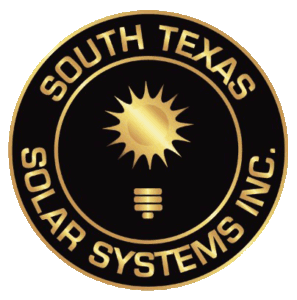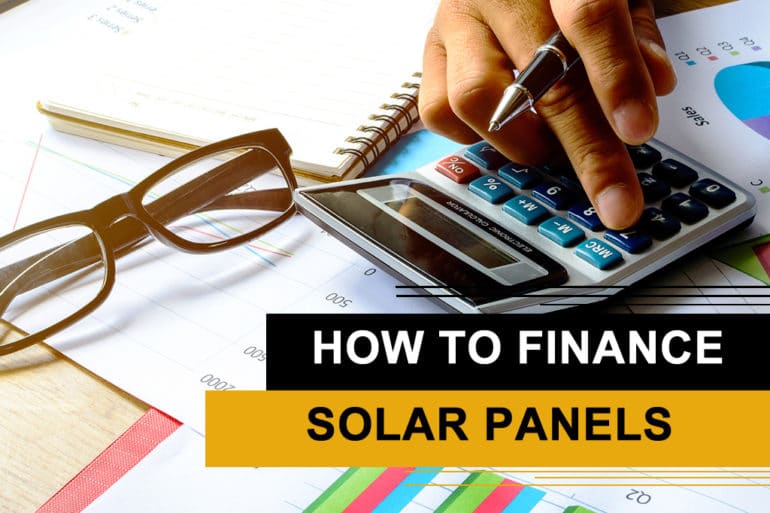How to finance solar panels in Texas
The solar industry is climbing as high as the peaking sun it harnesses to help homeowners and businesses save money on electricity bills, as well as help implement renewable energy. Yet, speculators want to know how to finance solar panels in Texas.
In 2013, Dividend Finance sought out an opportunity in the solar industry, which was to provide ownership options to homeowners. Since its inception in 2013, Dividend Finance has grown to be the top lender in the nation for residential solar and storage projects.
Senior Marketing Manager at Dividend Finance, Alex George said, “We provide a financing technology that allows our solar installation partners to give their customers a simple, fast financing solution at the same time they are presenting that customer with a proposal – streamlining the financing process.”
Dividend Finance is headquartered in San Francisco, CA. Their operations center is located in San Diego, along with remote team offices in Austin, TX, Baltimore, MD, and Las Vegas, NV. Today the firm employs about 130 employees nationwide.
While there are resources online in regards to financing solar, customers are learning about the financing aspect through Dividend’s solar installation partners in Texas. Solar panel system ownership through a financing company, such as Dividend, has been a trend over the last five years.
As customers are learning how to finance solar panels in Texas through different options; direct customer ownership continues to grow its share over third-party owned systems like PPAs or Leases.
George said, “[Dividend] takes up just a piece of the pie.” Ultimately, Dividend offers residential solar loans, which are being backed by the warehouse funds that the company has earned through partnerships with national banks, or by originating loans directly on behalf of credit unions or other regional banks.
Another option for customers that are not interested in owning their system outright, is a third-party owned system, also known as PPA’s and Leases. Some customers also consider a home equity line of credit (HELOC) or take out a loan with a local bank.
“The ownership segment of the industry has grown and overtaken third-party owned options, and make up about 68% of the projects installed today. Of all owned, nearly 52% of all projects that are being installed for homeowners today are being done through a loan option like the Empoer Loan, offered by Dividend,” explained George.
And behind those neighborhood fences are businesses, which Dividend also has a commercial financing option for, called Commercial PACE financing. “Big businesses will pay cash, take out a loan from a bank, or work with a company like Dividend that offers PACE,” said George. “One of the cool things about PACE assessments is they are paid back through your property taxes, so in many cases, the interest on the loan can be included as a write-off.”
While many customers are interested in switching to solar energy, they are also interested in how to finance solar panels in Texas and storage batteries. In 2015, Dividend launched the solar plus storage loan, which means if solar is being installed, the battery can be included in the package as well.
What if you already have solar installed and now want to add a storage battery? “People who want to add a battery to a solar system they already have can do that. It is an option through EmpowerHome, our home improvement loan,” mentioned George.
In 2019, Dividend launched EmpowerHome, a home improvement product, where they are able to finance all sorts of home improvements. “Anything from roofing, windows, kitchen/bath, insulation and HVAC type of projects,” said George.
In fact, customers who seek a roof repair can receive financial support individually or as a bundle. George explained within the solar loan Dividend can allocate some of the funds to do roof repairs or battery backup, as long as they are not “big ticket items.” A good example is, “[Dividend] couldn’t replace an entire roof, so that’s why we have the home improvement loan, where they can bundle those two together for a complete roof repair and solar panel system installation,” said George.
Customers who know how to finance solar panels in Texas and are interested in the Tesla Powerwall are working with Dividend’s solar partners, like South Texas Solar Systems Inc. South Texas Solar Systems is a Tesla Powerwall certified installer. George added, “Our partners at Dividend offer finance for the Powerwall, which makes it cost effective to add the battery on your system, and take advantage of storing your own power, then using it at the time that makes sense for you.”
Dividend’s solar loans are structured as 12 and 20-year loans. Both loans have no prepayment penalty, so they can model it to pay off and Dividend can show customers how to model it to pay off whatever term they want. “The most important thing is for any homeowner to take a look at their personal finances and speak with a tax professional about their ability to use the incentives available to them,” said George.
Texas has incentives to switch to solar. This makes it a great option for Texans because the state does have a cheaper cost of electricity compared to other states. Plus, the term of a solar loans time of payback can be 12 to 14 years.
George explained, “After 14 years the systems are fully paying for itself at that point. The cost of the electricity that you are producing outweighs the cost of what you paid into the system. If a customer was to pay cash that pay-back period comes down to about 9 years.”
Financing solar panels in Texas is a positive, but the negative outcomes that can occur are as a third party system, where you do not own the system and can not take advantage of the federal or state tax incentives.
A solar loan is a personal loan that will affect your credit score. However, as you continue to make those payments on time and pay them off, you will increase your credit score.
If you were to have a “potential default” on your loan, Dividend could have the option to take the modules back, but that is the extent to their security interest.
What started as a small financing firm has now become a nationwide leader in solar and home improvement. Ironically, what started as a renewable resource is now an industry influencer. Solar energy was there then, solar energy is here now.

